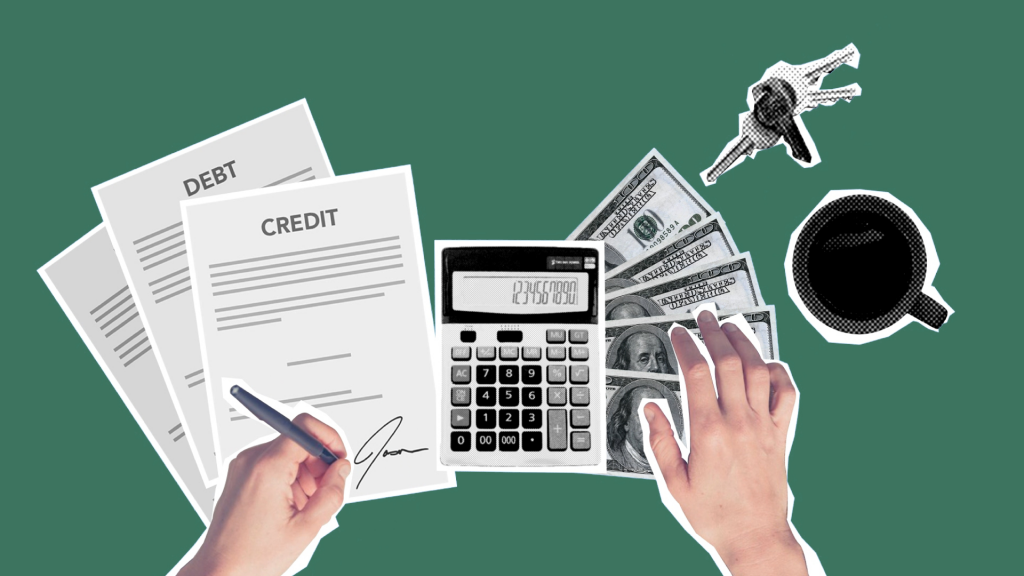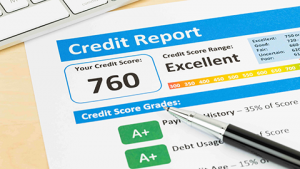
Your debt-to-income ratio – commonly referred to as DTI – is all of your monthly debt obligations, divided by your gross monthly income.
This ratio is one way lenders check how you manage payments you make on money you’ve borrowed.
This number can affect how much money you’re qualified to borrow and your interest rate. Higher DTIs appear riskier to lenders, while lower DTIs may allow for a lower rate and a higher loan amount.
Lenders have different DTI limits and lending criteria. The same holds true on different loan types as well, be it a mortgage or an auto loan, the acceptable DTI numbers typically will vary.
Generally, a DTI of 50 or higher is concerning, according to the Consumer Financial Protection Bureau, a U.S. government agency dedicated to making sure you are treated fairly by banks, lenders and other financial institutions.
A DTI between 36 and 49 generally is considered good, but there is room to improve it. A DTI of 35 and lower shows lenders you have enough money to take on new debt and pay it back on time, and that if an emergency came up, you likely won’t fall behind on payments.
How to figure your DTI
As previously mentioned, your DTI is your monthly debt obligations divided by your gross monthly income.
To calculate it yourself, first add up all your monthly bills – rent or mortgage payment; student, auto or other loan payments; credit card payments; alimony or child support (if applicable); and other monthly bills not mentioned. Next add up your gross monthly income, which is your monthly salary before taxes.
Now that you’ve obtained those two numbers, divide your monthly debt obligations by your monthly gross salary. You’ll be left with a decimal number, such as .3391. Move the decimal point two places to the right, and you’ve got your DTI – in this case, 33.91.
Do your best to lower your DTI as much as you can before taking on new debt. It can not only help you qualify for a loan but may also help you get a lower interest rate.
Financially Fit is your home fitness guide for all things financial, provided by RCB Bank. Find money-building tips, insights and inspiration to help you improve your financial well-being at RCBbank.com/GetFit. Opinions expressed above are the personal opinions of the author and meant for generic illustration purposes only. For specific questions regarding your personal lending needs, please call RCB Bank at 855-BANK-RCB. With approved credit. Some restrictions apply. RCB Bank is an Equal Housing Lender and member FDIC. RCB Bank NMLS #798151.
Source:
https://www.consumerfinance.gov/ask-cfpb/what-is-a-debt-to-income-ratio-en-1791/


